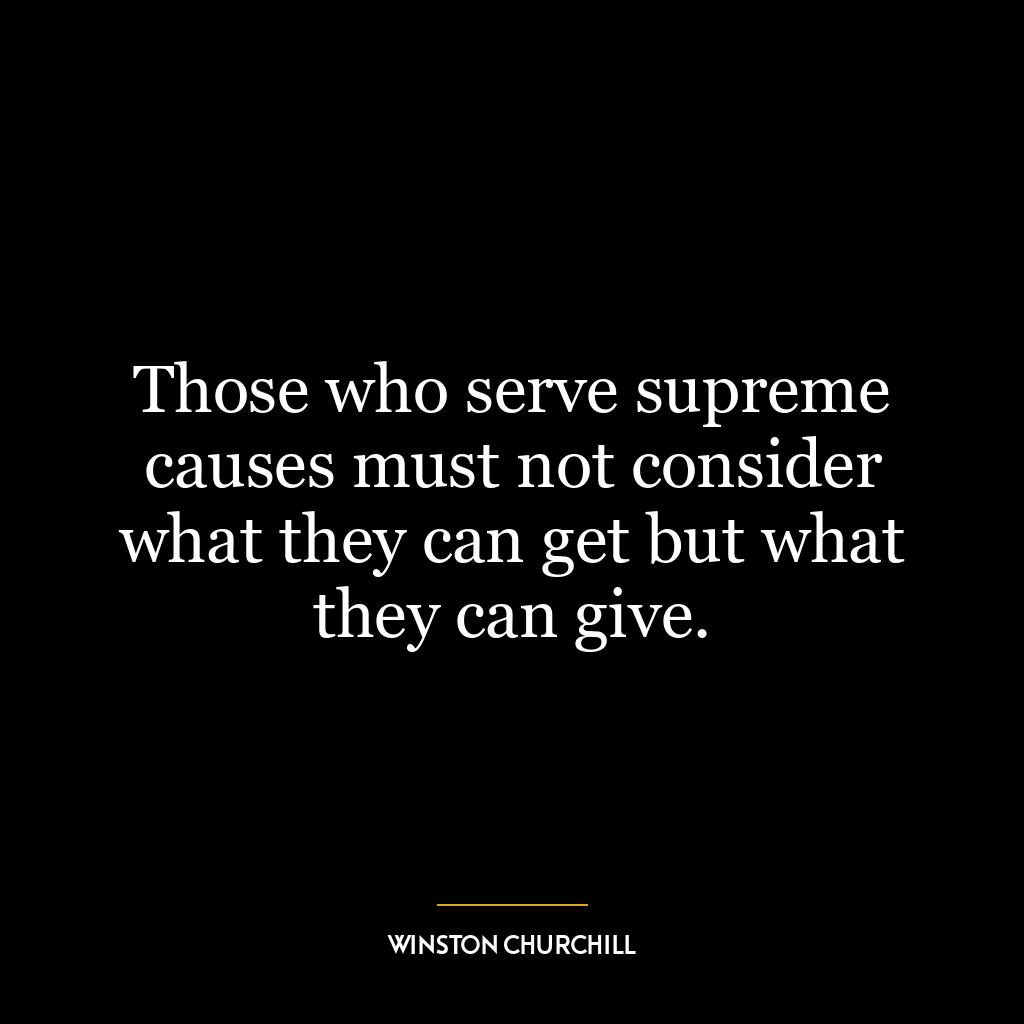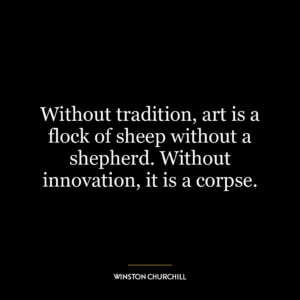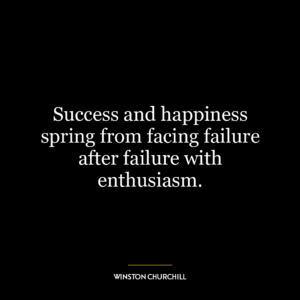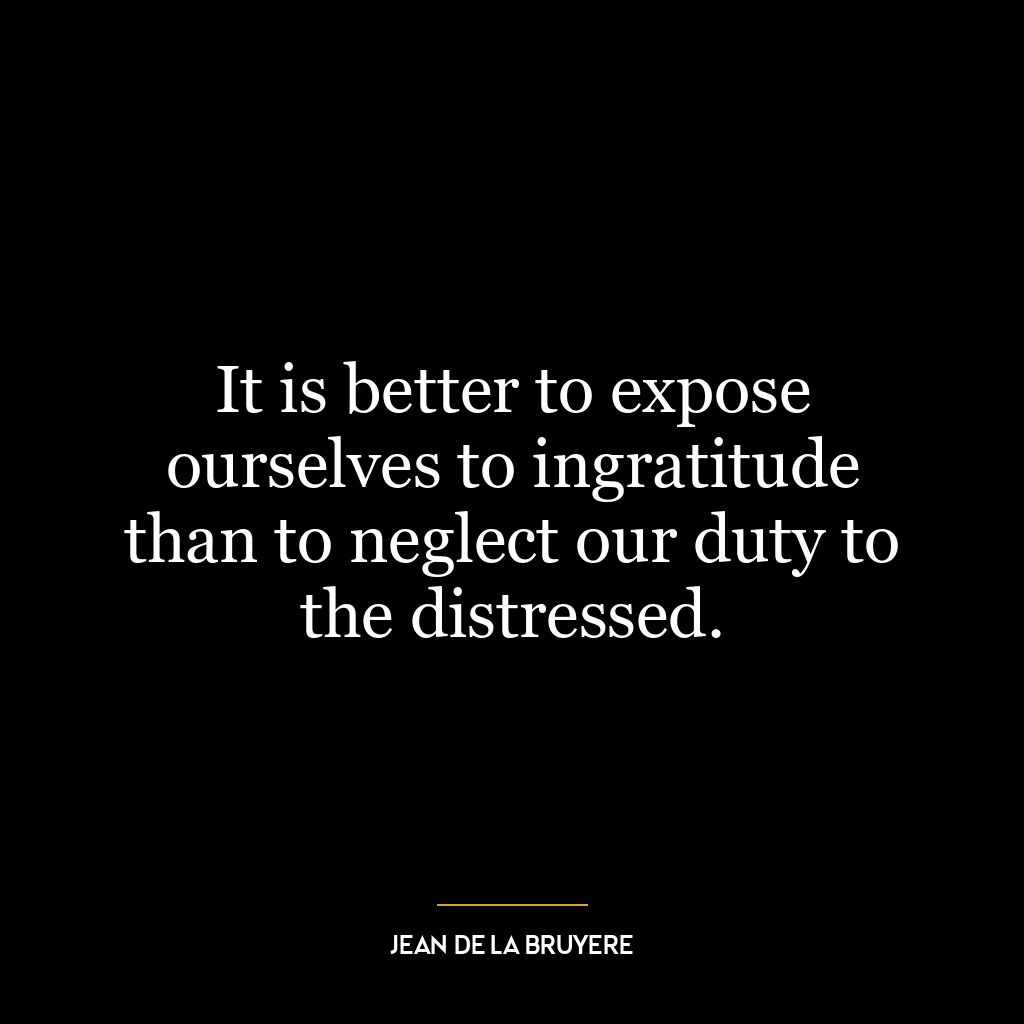Those who serve supreme causes must not consider what they can get but what they can give.
The quote emphasizes the importance of selflessness and sacrifice when serving a greater cause. Rather than focusing on personal gain, the quote suggests that individuals should consider what they can contribute to the cause. This perspective aligns with the idea of altruism, where one’s actions are driven by the well-being of others rather than self-interest.
The quote implies that the pursuit of supreme causes – causes that are of utmost importance and can impact many lives – requires a certain level of selflessness. It suggests that those who serve such causes should do so out of a sense of duty or a desire to make a positive difference, not because they want to gain something from it. This could be anything from recognition, power, or material rewards. The focus should be on giving rather than receiving.
In today’s world, this quote can be applied in various contexts. For instance, in politics, leaders are expected to serve the public interest and not their own. They should be driven by what they can offer their constituents, not what they can gain from their position. Similarly, in business, companies are increasingly expected to contribute positively to society, not just make profits. This is reflected in the growing emphasis on corporate social responsibility.
On a personal level, this quote can inspire us to focus more on what we can contribute to the world rather than what we can get from it. It can encourage us to be more altruistic and less self-centered, to think more about how our actions affect others and less about how they benefit us. This could mean volunteering for a cause we care about, helping out a friend in need, or even just being more considerate in our daily interactions with others.
In personal development, adopting this mindset can lead to a more fulfilling life. Research shows that helping others can boost our own happiness and well-being. It can also help us develop important skills and qualities, such as empathy, compassion, and resilience. Hence, by focusing on what we can give rather than what we can get, we can not only serve supreme causes but also grow as individuals.















